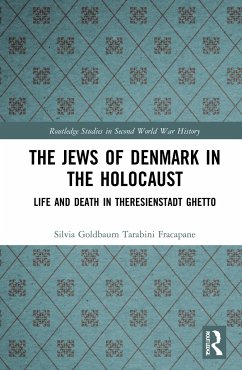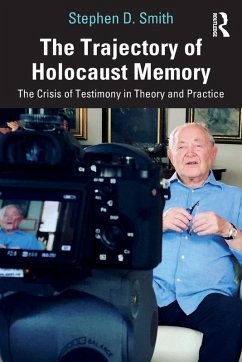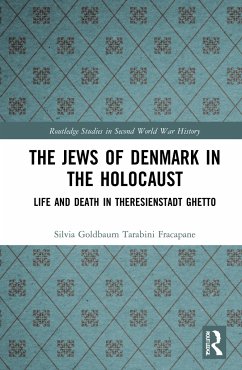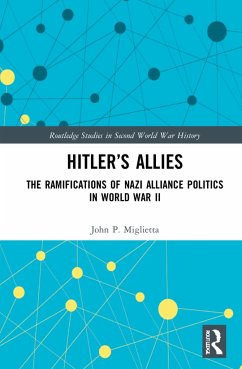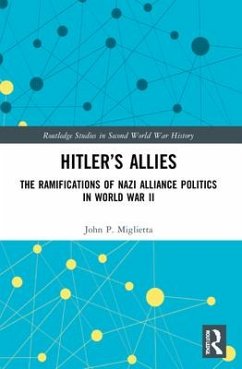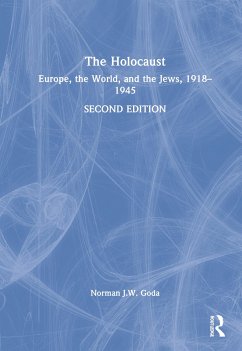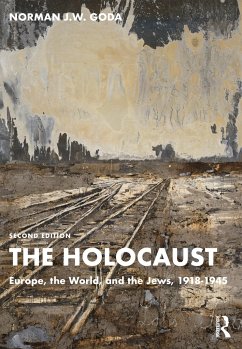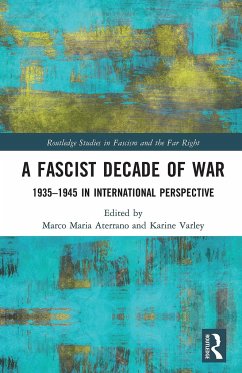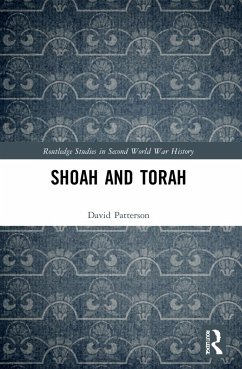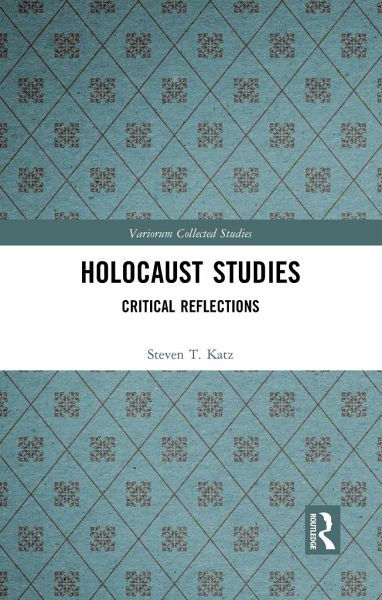
Holocaust Studies
Critical Reflections
Versandkostenfrei!
Versandfertig in 6-10 Tagen
46,99 €
inkl. MwSt.

PAYBACK Punkte
23 °P sammeln!
The great majority of Holocaust scholarship concentrates heavily, if not almost completely, on the Final Solution from the German side. The distinctive feature of this book, both individually and as a collection, is its concentration on the Holocaust from a Judeo-centric point of view. The present essays make a unique contribution by exploring issues such as: the effect of events specifically on Jewish women and children; the character of the Nazi policy of slave labor in as much as this essential program resulted in different treatment with regard to Jews as compared to other workers; how the...
The great majority of Holocaust scholarship concentrates heavily, if not almost completely, on the Final Solution from the German side. The distinctive feature of this book, both individually and as a collection, is its concentration on the Holocaust from a Judeo-centric point of view. The present essays make a unique contribution by exploring issues such as: the effect of events specifically on Jewish women and children; the character of the Nazi policy of slave labor in as much as this essential program resulted in different treatment with regard to Jews as compared to other workers; how the destruction of European Jewry has been responded to by Jewish thinkers; and how Jewish values, such as the well-known principle that "all Jews are responsible for each other," were exemplified and lived out during the war. The collection also includes an essay on Elie Wiesel, and another that explores the much discussed, very controversial issue of Jewish resistance, as well as several essays on philosophical and comparative issues raised by the Shoah.





